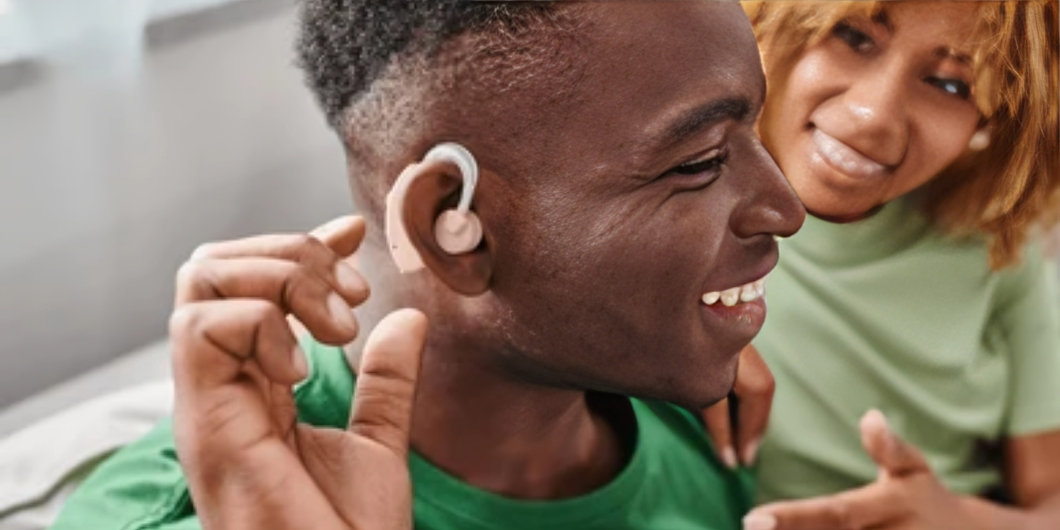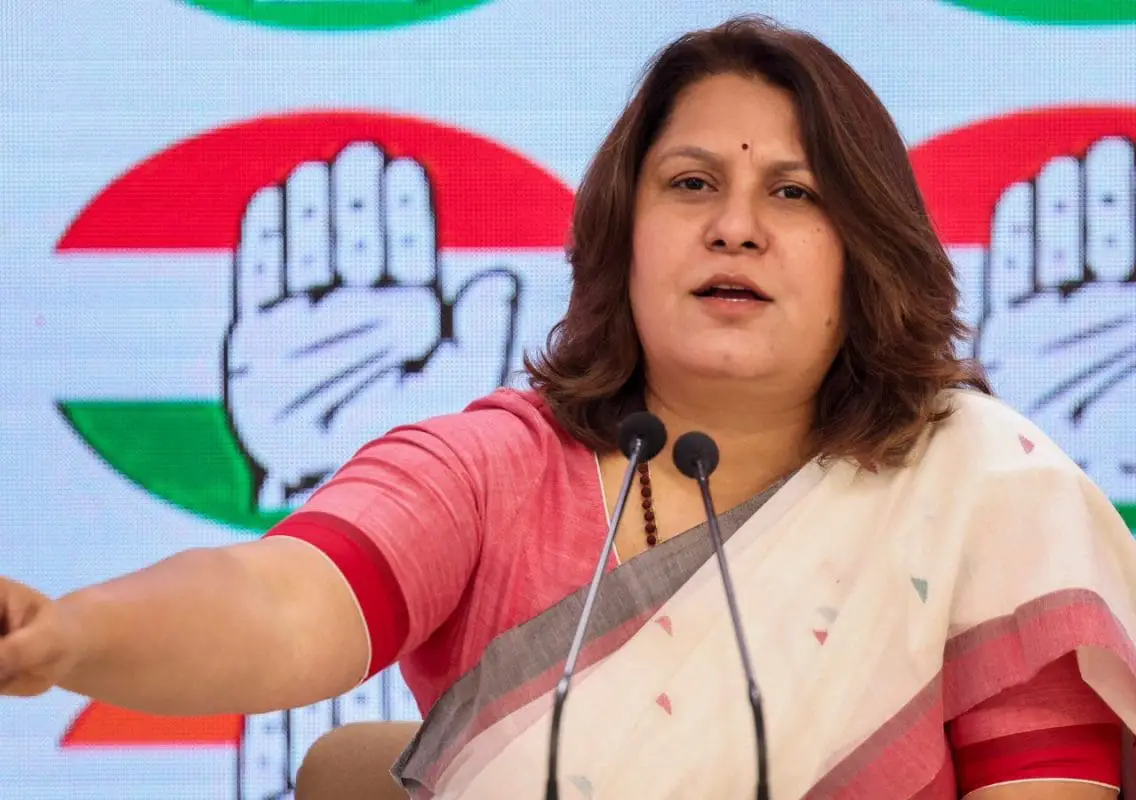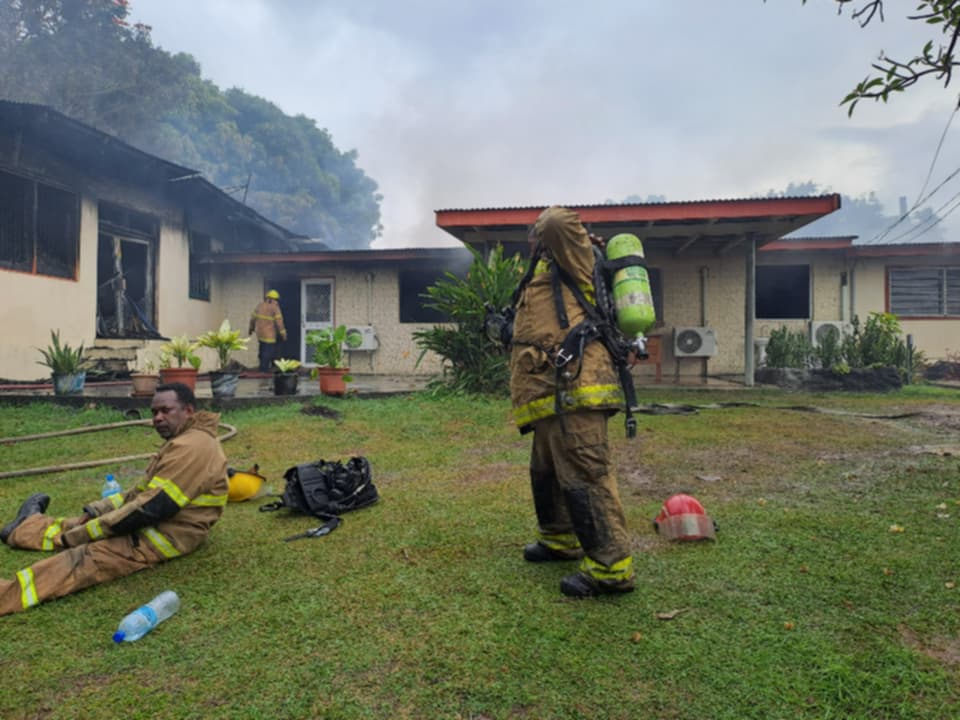By Deborah Akwa
Copyright pulse

The moment you notice you are experiencing a hearing decline or tinnitus (the perception of noise in your ears without an external sound source), it’s advisable that you get an immediate check-up. Depending on the severity, a hearing aid may be required.
Why Hearing Aids matter
This writer can’t imagine herself not hearing the sound of nature early in the morning, crickets chirping at night, or the melody of Aforbeats composed by Nigerian artists and many more. Sadly, there are people amongst us who are unable to experience this beautiful aspect of life.
Hearing is an essential part of everyday life; it’s a vital function for a high quality of life, whether it’s listening to your teacher in class, communicating with friends and family, hearing babies cry, birds singing, or crickets chirping.
It’s sad to say that many Nigerians live with hearing loss, and it often goes unnoticed or untreated. This inability can lead to depression, anxiety, social isolation and decline in career performance and emotional relationships.
This article aims to explain the types of hearing aids available, their costs and what Nigerian families need to know about them. To uncover this intriguing topic, we had a conversation with Oboma Harry-Ayerite, a deaf and hard-of-hearing advocate who is spreading awareness about accessibility and inclusion for the deaf and hard of hearing, and who also uses hearing aids.
Her insights and experience reveal that the most common causes of hearing loss are ‘irregular hearing checkups and exposure to loud, unnecessary sounds’. The importance of early detection and hearing aids is exceptionally vital. The moment ‘you notice your hearing declining or notice tinnitus – like something is making noise in your ears on its own’, you need an immediate check-up and depending on the severity, you would need a hearing aid, the hard-of-hearing aid advocate stated.
Access to hearing aids has a profound impact, transforming negatives into positives and, most importantly, helping people reconnect with their world. However, some Nigerian families struggle with accessing hearing aids, affording them, and the stigma associated with them.
Types of Hearing Aids
There are different kinds of hearing aids, some of which are based around the ear, sitting behind the ear or inside the ear, but each is designed to fit a person’s needs and lifestyle.
Behind-the-Ear (BTE) Aids:
These BTE aids are common and suitable for children of all ages and adults, catering to most types of hearing loss. BTE aid is in the form of a small case that stays behind the ear and is connected to an earmold that fits in the ear canal via a clear plastic tube.
In-the-Ear (ITE) Aids:
ITE aids are a ‘small but mighty’ hearing aid. The pint-sized device, shaped like a shell, houses the microphone, amplifier, and speaker. Also, it perfectly fits into the outer ear’s concha (bowl-shaped area). The ITE aid is small, discreet and perfect for mild to severe hearing loss.
Receiver-in-Canal (RIC) Aids:
The RIC aids are similar to BTE aids, but the main components are embedded in a case placed behind the ear, and a thin wire connects to a small speaker (receiver) which sits directly in the ear canal. The RIC aids are almost invisible, comfortable, but are more costly.
Invisible-in-Canal (IIC) Aids:
IIC aids are suitable for individuals with mild to moderate hearing loss and appeal to those seeking the most discreet option. They are the smallest custom-made hearing aids, fitting deep inside the ear canal, which makes them virtually invisible.
Digital Hearing Aids:
This hearing aid is a modern option that can be customised and programmed to meet the individual’s needs and various environmental conditions.
What you should know before getting a hearing aid
Additionally, it’s pertinent for families to know that not all hearing aids are suitable for all degrees of hearing loss, ‘there are cochlear implants as well for those with severe to profound sensorineural loss, while hearing aids are for those with mild to severe hearing loss’, Oboma noted.
The most common hearing aid brands in Nigeria are Cybersonic and Axon K-812, which are cost-effective and budget-friendly. In contrast, Starkey, Phonak, and ReSound are manufactured by international brands and are pretty pricey. Whichever choice you go for, ‘families should look out for quality and feasibility and how long it lasts’, Oboma added.
Costs of Hearing Aids in Nigeria
Even with the extreme necessity of hearing aids, the devices don’t come cheap, especially in Nigeria and that is the major problem we have, and it shouldn’t be especially for those that are trying to navigate a new world with their deafness. It’s expensive because there’s still the mindset that a hearing aid is a luxury. If anything other than greed, they are hindered by the mindset that it has to be luxury, Oboma lamented.
On average, prices range from ₦150,000 to ₦2 million depending on the type, brand and whether they are digital or analog.
The factors that affect the price of a hearing aid matter because of the following; First, the degree of a person’s hearing loss matters; if your hearing loss is severe, you’ll need a stronger, fancier device. Second, the brand and the level of technological advancement in the hearing aid make a significant difference in the price. Top brands and new technology usually cost more.
Finally, extra features like connecting to Bluetooth for music or having batteries that can be recharged can also increase the price.
In many families, the cost of a hearing aid is unaffordable, especially without government support. Countries like India and the UK provide subsidies or free hearing aids through government programmes. Oboma added that the government needs to assist Nigerians with this disability because they live amongst us, and they shouldn’t be neglected.
I am glad that there are some foundations stepping in already to assist like the Obasanjo Foundation do, contribute hearing checkups and send hearing aids for free to their prospective patients.
The federal government can adopt and implement similar and more measures in the health sector to assist low-income families in affording them.
Challenges Families Face
Some families hide their children or loved ones with hearing loss because of old cultural misconceptions that aren’t true. Also, many parents or families can’t afford special hearing aids for their children or loved ones. Sadly, there are very few specialists, such as ENT doctors, audiologists, and hearing specialists, especially in rural areas.
Tips for Families
If you are considering a hearing aid for yourself or your child, here are a few things to keep in mind:
Get Tested: Always see an ENT doctor or audiologist before buying a hearing aid.
Ask Questions: Verify if the device can be adjusted to accommodate changes in hearing condition.
Consider Aftercare: Hearing aids need servicing and repairs, so choose a brand with local support.
Maintenance: Keep the device dry and clean, and change batteries regularly.
According to the World Health Organisation (WHO), by 2050, one in four people will have some degree of hearing loss. Oboma advises that every individual should prioritise their hearing health.
Practical maintenance tips families should know are ‘regular check ups are vital, look out for quality and feasibility hearing aids, avoid shared earbuds as they accumulate germs leading to ear infections’, the hard-of-hearing advocate noted.
She concluded that;
Families can support their children or relatives emotionally and socially when adjusting to hearing aids by assigning them with other hard-of-hearing [individuals] as well, so they know and see their perspectives, it helps a lot.
Hearing loss does not have to mean silence, the end of a career, or the end of a business pursuit. It should not put an end to enjoying smooth communication with friends and loved ones, nor does it mean the end to enjoying nature’s beautiful melodies.
With proper hearing aids and support, children can thrive in school and in their relationships with friends, and adults can also live happier lives. However, affordability and awareness remain significant impediments in Nigeria.
Families, doctors, schools, and the government must collaborate to break these barriers and limitations, so that every Nigerian with hearing loss can live a life of happiness and dignity.



